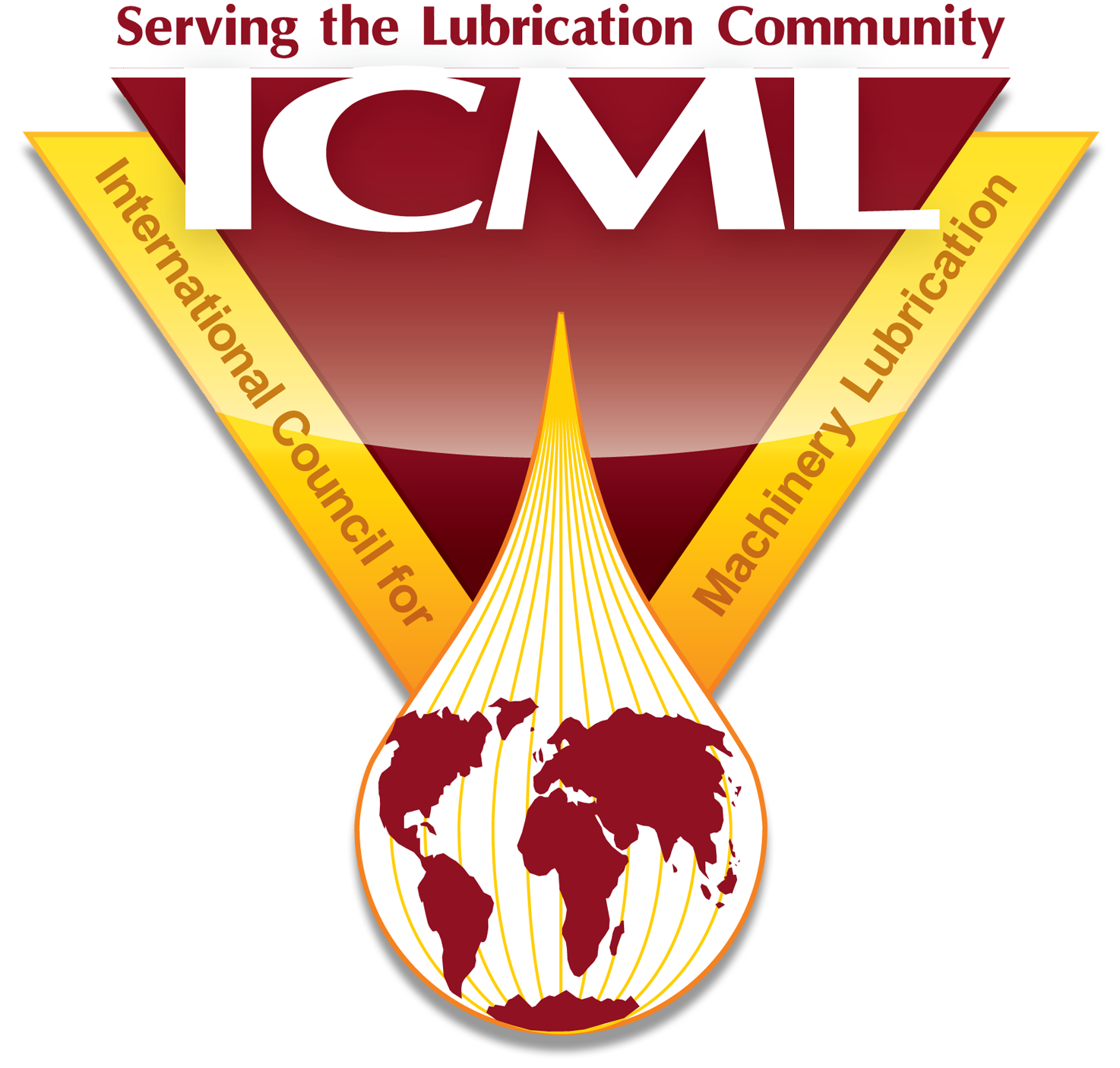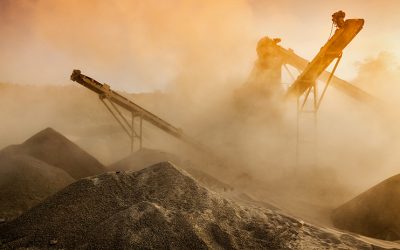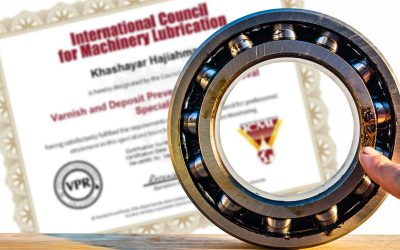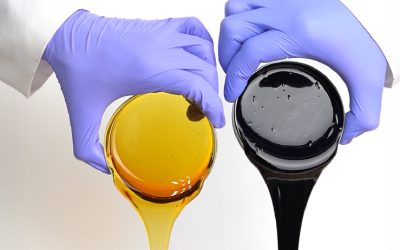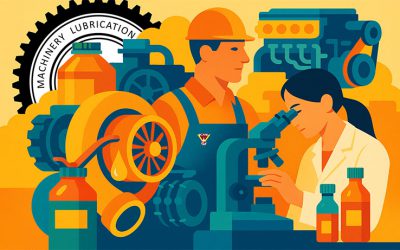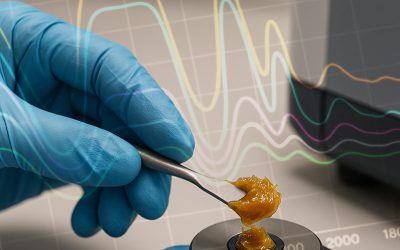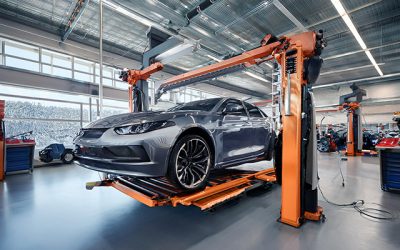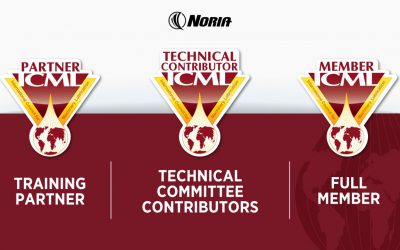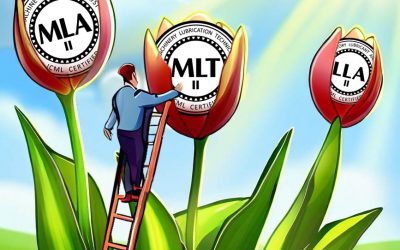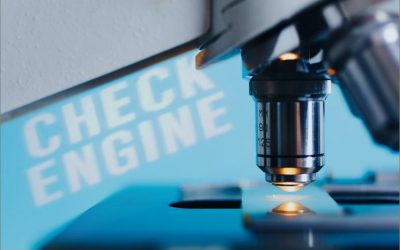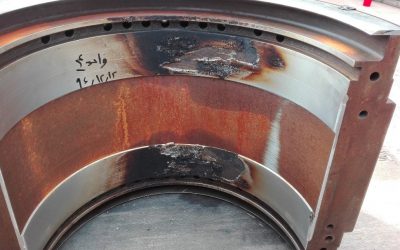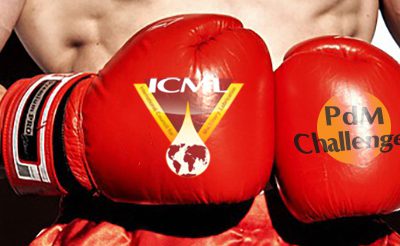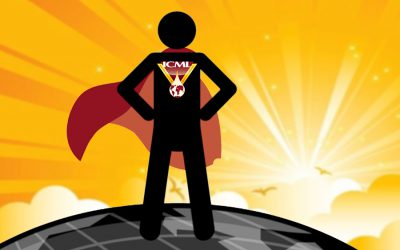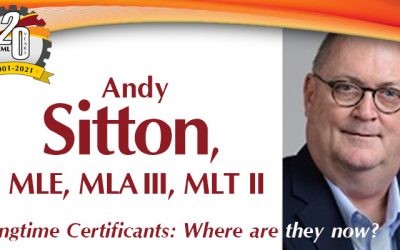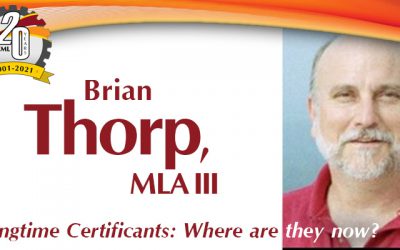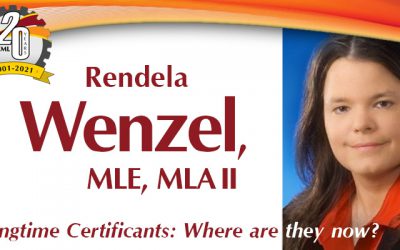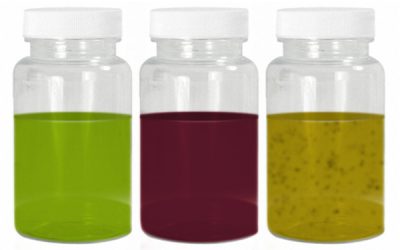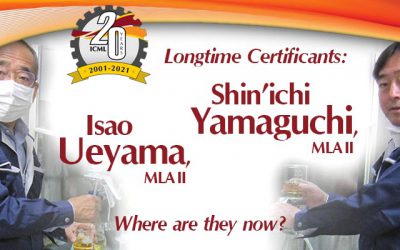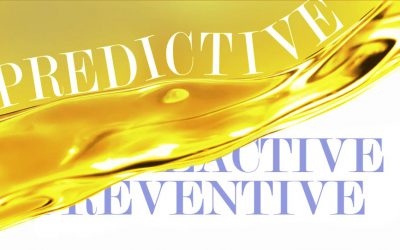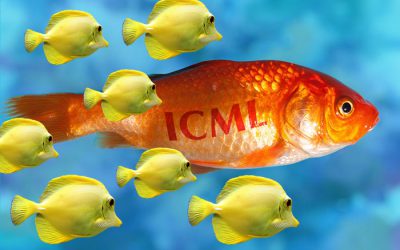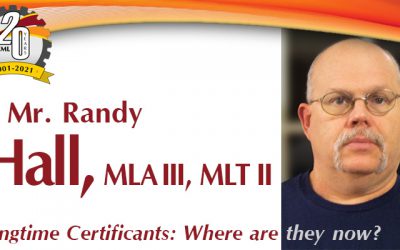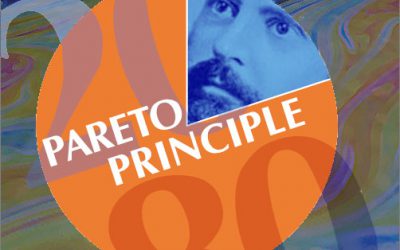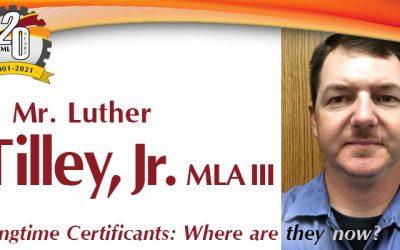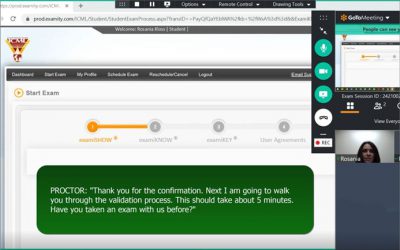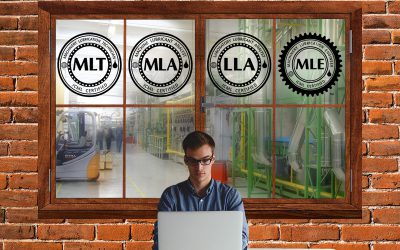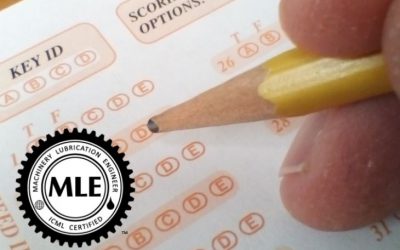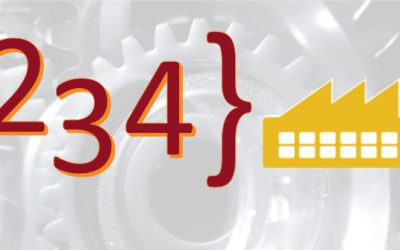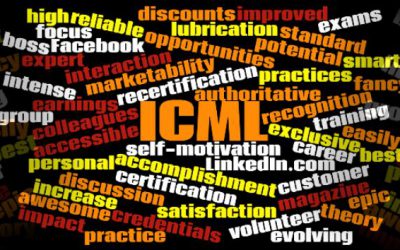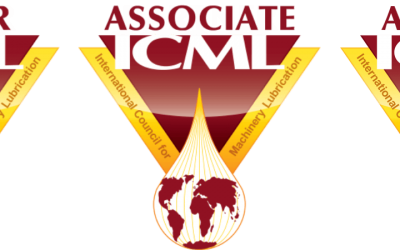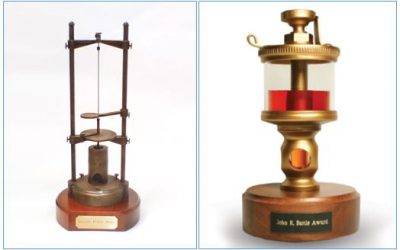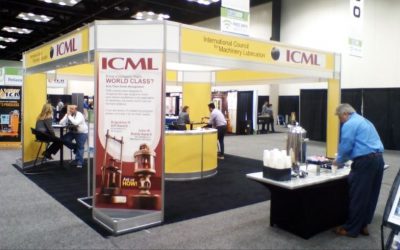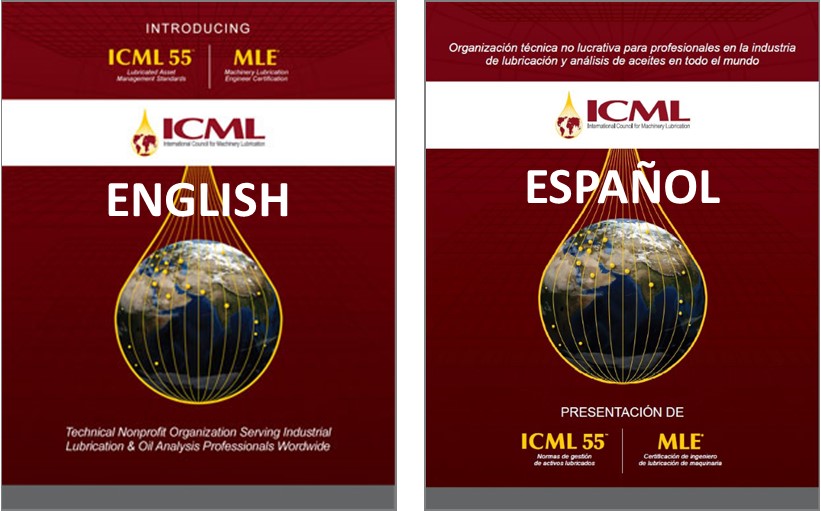Articles & Thoughts
Industry topics, guest authors, thought leadership and moreExtreme Mining and Smart Lubrication
Guest author Oscar Castro writes about the quiet killer in mining lubrication: dust! In harsh environments, the best grease isn’t the one with the highest load rating, but the one that seals.
The Impact of Tribology on Maintenance and Physical Asset Management
Guest author Johnny Chirinos explores how tribology—when aligned with the ICML 55.1 Standard—elevates lubrication from a routine maintenance task to a strategic driver of asset reliability, cost control, and operational performance.
5 Reasons I Chose to Recertify My ‘VPR’ Credential
Guest author Khashayar Hajiahmad shares the thought process that took him on a deep dive into the evolving science of varnish control, leading him to identify five practical reasons that justify renewal of his VPR varnish badge for another three years.
Biolubricants and the Future of Strategic Lubrication
Guest author Oscar Castro highlights how modern biolubricants are reshaping lubrication programs, outlining the key benefits that today’s decision-makers should weigh when considering their options for performance, compliance, and sustainability.
Evolution of Lubricant Specifications (2010–2025): A Certified Practitioner’s Perspective
Guest author Rocio Rupay outlines key developments in lubricant specifications, including updates with API SQ, ILSAC GF-7, and ACEA E11, within the context of evolving engine technologies and regulatory demands. As a certified Machinery Lubrication Engineer (MLE)®, she offers a trained perspective on how these changes impact lubricant performance, compliance, and selection criteria in real-world applications.
The Ultimate Guide to Food-grade Lubricants
Guest author Raul Fernandes shares this comprehensive primer on food-grade lubricants, regulations, selection tips, contamination risks, and myths.
Board Member podcast: “The Past, Present, and Future of Lubrication”
Lubrication Matters Magazine arranged for four ICML board members to share their thoughts on a wide variety of topics relevant to practitioners in the lubrication industry.
The Dos and Don’ts of Grease Sampling and Analysis: Keys to an Accurate Diagnosis
Guest author Oscar Castro outlines essential tips for getting grease sampling right, avoiding costly mistakes, and turning lab data into smart maintenance decisions.
Sweet Ride! How Clean Maintenance Practices Keep Your Vehicle in Top Health
Guest Author Hovannes (Hovig) Arslanian combines his passion for sports cars with his joy of lubricant analysis, so here he shares some tips he has learned through the years.
My Commitment to ICML
Guest Author Gerardo Trujillo summarizes his years of volunteer work to help establish ICML’s prominence, dating as far back as his role with the Steering Committee that started it all.
Engineering Creativity: My Journey in Industrial Oil Management
Many dedicated practitioners are adept with all kinds of oil analysis and filtration equipment. But how many are compelled to invent their own machines from the ground up?
How oil analysis plays a key role in your maintenance program
Transcribed from “The Tool Belt” podcast, this discussion addresses industrial oil analysis programs and the positive impact of structured training, certifications, and ICML 55® Standards.
Ask the Experts: Best-in-class lubrication practices
Lubrication field experts talk about their application of ICML 55.1 Standard “Requirements” for lubricated asset management, describe their expectations for the new ICML 55.2 “Guideline,” and look ahead to the corporate-level audits that will come with ICML 55.3 “Auditors’ Manual” next year.
Why should you pursue Level 2 lubrication credentials?
We asked experienced ICML members what drove them to pursue MLA and MLT Level 2 certifications. Plant Services Magazine compiled the responses into this ‘Ask the Experts’ feature.
The Catalyst Effect of ICML In My Career
Guest author Umut Arslan of SGS Turkey recalls how engagement with ICML has helped him set career goals, meet new people, and feed his passion.
Fluid Condition Monitoring: Sensors v. Laboratory Testing
Guest author Randy Clark of POLARIS Laboratories addresses the common question: “If I install sensors does that make the need for laboratory testing obsolete?”
How I Confirmed My Varnish Knowledge with VIM and VPR Certification Badges
Guest author Khashayar Hajiahmad describes his varnish badge journey: “I started dealing with varnish issues when I was a lubrication management consultant in a very large oil and gas facility in Oman. Dealing with any lubricant-related issues, you should first be able to…”
ICML and Other Certifications: Which is Best?
With multiple PdM-related certifications to his name, guest author Md. Ali Qureshi of Saudi Aramco says they all have their place, and then he lays out two practical reasons why he prefers ICML certifications.
ICML Members Say Not To Underestimate the Value of Timely Certification Exams
Guest authors explain that timely certification exams make formal training worthwhile, and credentials enhance productivity, professionalism, and client perception on the job.
How Long to Wait to Take the ICML Certification Test
Guest author Wesley Cash of Noria Corporation, who regularly conducts training sessions with certification candidates, offers some tips for practitioners to feel comfortable about sitting ICML exams.
Where Are They Now? Meet Andy Sitton, MLE, MLA III, MLT II
Certified since 2007, Andy Sitton runs a lab in Thailand and is an English-speaking instructor in that part of the world. In his survey responses below, Andy mentions his early mentors, the challenges of Zoom, and the practicality of certification.
Where Are They Now? Meet Brian Thorp, MLA III
Certified since late 2001, Brian Thorp is a retired PdM lube technician who earned his first ICML certification with an exam in Atlanta, GA. In his survey responses below, Brian touches on mentorship, career satisfaction, and the value of understanding the purpose of oil analysis…
Where Are They Now? Meet Rendela Wenzel, MLE, MLA II
Certified since our very first exam session in January, 2001, Rendela Wenzel is the longest-standing, ICML-certified professional in the world, still going strong at Eli Lilly…
Where Are They Now? Meet Angela Borella, MLA III, MLT I
Certified since 2002, Angela Borella is a USA-based diagnostician at WearCheck/Lubrigard. With over 25 years in the PdM field, here she talks about her ICML exam challenges, the joy of comradery, and “wind therapy.”
Is Coolant Analysis Necessary?
Guest author Randy Clark of POLARIS Laboratories recommends coolant analysis as a preventive measure before anything suspicious shows up in your oil analysis.
Economics of Agriculture Machines: How Oil Analysis Addresses the Cost of Production and Failure
Guest author Michael Holloway of 5th Order Industry explains the high value of oil analysis in a typical farm operation that has very narrow profit margins, where even one tractor breakdown can negatively impact a sizeable percentage of annual revenue.
Where Are They Now? Meet Francisco Saldivia, MLT I, MLA I
Certified since 2010, Francisco Saldivia, MLT I, MLA I, is both a maintenance practitioner and a university professor. Here he recalls his transition from plant to classroom, as well as his favorite projects as a consultant to his former students.
Where Are They Now? Meet Isao Ueyama and Shin’ichi Yamaguchi, MLA II
Certified since 2008-2009, Isao and Shin’ichi have been working together in Japan to provide quality oil analyses to power generating companies. They recall the MLA II exam was very challenging, but the credibility provided by their credentials has benefited them ever since…
Industrial Lubricants — A Different Perspective
Guest author John Cummins of Hydrotex LLP compares the drivers behind suitable-for-purpose lubricants with the drivers of application-driven lubricants, emphasizing the need for education across the board…
Associate Members grow with ICML
Signing up as an Associate Member has its advantages. In our anniversary year, several active associates reflect on ICML’s relevance and their own roles in helping support the mission.
Where Are They Now? Meet Randy Hall, MLA III, MLT II
Certified since 2003, former U.S. Navy mechanic Randy Hall, MLA III, MLT II, recalls his former supervisor’s encouragement, the fruits of his DIY study efforts, and the trainer who “opened up a new world of lubrication I never knew existed.”
Using Microsoft Excel to Move Beyond the Individual Fluid Analysis Report
Worried that he might be misprioritizing or simply missing important data, guest author Randy Clark came up with a practical way to make the most of his oil analysis reports, using simple visualizations in a common spreadsheet application.
Where Are They Now? Meet Luther Tilley, MLA III
Certified since 2005, Mr. Luther Tilley, MLA III, recalls his challenging journey to certification, family involvement with his studies, and teaching old dogs new tricks…
Where Are They Now? Meet Steven Lumley, MLA II
Continuously certified since 2009, Mrs. Steven Lara-Lee Lumley, MLA II, recalls the personal confidence bestowed by her credential, the inspiration of “Sister Sludge” Schwartz, and the technological changes that have impacted her work the most…
What did that exam proctor say?
Our test-takers have reported comprehension challenges with online exam proctors, due to natural differences in languages and vocal accents. Maybe this video can help.
Are Online Exams Right for You? See What Others Are Saying
You may be wondering whether ICML’s online exams live up to the hype so far. And you may be wondering if your own private concerns about online exams are shared by others. Here is feedback from recent test-takers, and their responses confirm that ICML is definitely on the right track.
Test-takers speak out, Part 3 of 3: Advice for MLE exam
Previous questions asked MLE practitioners why they had wanted to earn the MLE, and how did they prepare for the exam, and what were their assumptions? Now we ask them to offer advice to potential MLE test-takers.
Test-takers speak out, Part 2 of 3: Assumptions about MLE exam
Previous questions asked MLE practitioners why they had wanted to earn the MLE, and how did they prepare for the exam. Now this next question asks what were their assumptions going into the exam? Responses are steeped in opinion and personal preference, so your own experiences may vary…
Three Sources that Drive a Reliability Specialist’s Core Competency
Guest author Matt Adams: “I have come to the conclusion that the more time I spend in this arena the more I realize I have much left to learn. There are three driving forces that have and will continue to aid in my development…”
ICML Members Adapt to Covid-19 Restrictions
Several ICML members have provided us with descriptions of their experiences so far, sharing how their plants and labs are dealing with the covid-19 fallout…
Job Happiness: The Personal Impact of Lubrication Success
Can a successfully implemented lubrication program increase job satisfaction for front line crew and management alike? Guest author Alejandro Meza says that, for some, it can make all the difference.
Test-takers speak out, Part 1 of 3: What is the best way to prepare for the MLE exam?
Now that practitioners around the world have been sitting the MLE exam for about a year, I thought potential candidates might be curious what these early adopters think about it. So I contacted them and asked a few questions…
Real-Time Maintenance Management
Your fluid analysis data should be included in the real-time information you are focusing on. Integrating your fluid analysis data directly to your CMMS is achievable…
What Does Plant-Level Lube Program Competence Look Like?
The Four Stages model provides a means to describe how human beings learn new skills. Most often, these stages are applied to the learning journey of an individual person. But how can they be applied to a lubrication maintenance organization?…
Survey Says: Lube Techs are Positive, Well-informed
In 2018 we hired a firm to reach out worldwide to certificants, sponsors, technical contributors, and trainers, and we also conducted an online survey that attracted hundreds of participants. As anticipated, the responses provided us an honest and instructive snapshot of the perceptions and priorities held by a large cross-section of ICML’s market. I believe readers might find value in knowing how some of their fellow practitioners responded anonymously to our questions…
ICML Expands Membership Options and Benefits
Who exactly is an ICML “member?” In 2019, ICML has revamped its membership packages to allow greater flexibility and benefits for organizations and individuals who wish to support ICML’s mission, collaborate with peers, gain promotional exposure and secure exam discounts…
ICML Award Winners to Be Announced at Machinery Lubrication 2019
Once upon a time, a maintenance & reliability manager was reviewing reports that showed his plant’s recent progress on the production floor. Machinery downtime was down, and uptime was up. He was fully aware these numbers correlated with…
Volunteers and Varnish: ICML’s new education badge program
Thanks to a team of technical contributors around the world, ICML’s new Lubrication Education Badge Program (LEBP) will kick off a series of “specialty” certifications, starting with the “Varnish and Deposit Prevention and Removal” badge in late 2019.
Twitter and LinkedIn: ICML’s Social Lubricants
ICML has stepped up its social media activity this year, particularly on Twitter and LinkedIn groups. I believe human interaction—even virtual camaraderie—correlates directly with job effectiveness.
ICML Certification: Your Cinderella Story
By focusing its efforts on the training, competence, and success of human technicians and analysts, ICML is actually boosting plant reliability by boosting people.
